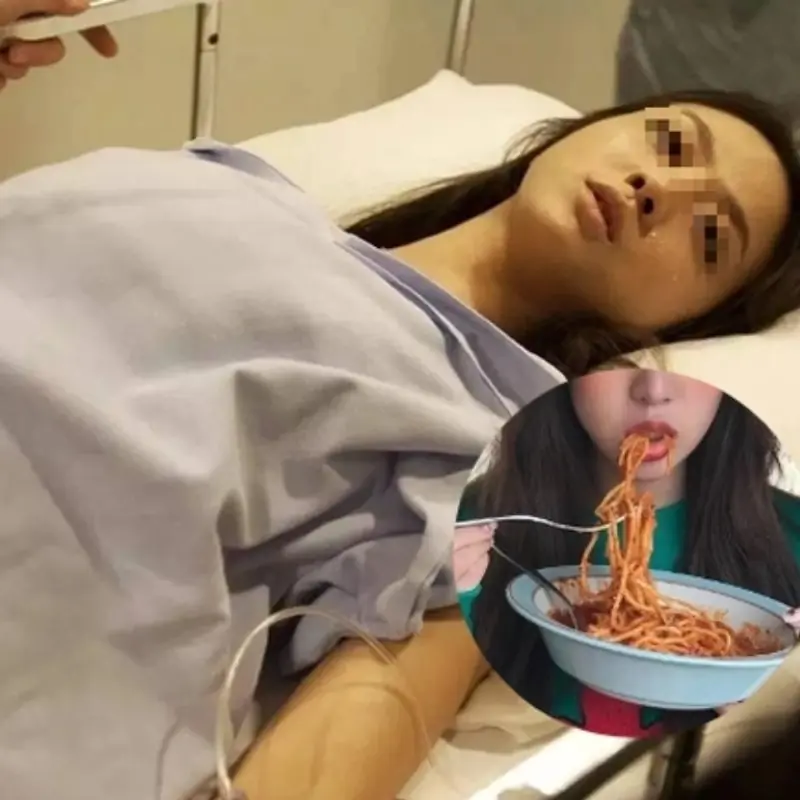
5 Foods You Should Avoid at Night If You Don’t Want to Lose Sleep
Many people struggle with falling asleep or staying asleep through the night — and while stress and lifestyle play a role, your nighttime eating habits may be one of the biggest hidden culprits. Certain foods can overstimulate the digestive system, spike blood sugar, or affect hormones that regulate sleep, leading to restless nights and poor-quality rest.
Here are 5 foods you should limit at night to protect your sleep.
1. Greasy, Fried Foods
According to Healthline, fried foods like fried chicken, French fries, or anything heavy in saturated fat can overload your digestive system at night. These foods take a long time to break down, which can cause:
-
bloating
-
indigestion
-
acid reflux
-
disrupted sleep cycles
When the stomach is forced to work overtime, your body has a harder time relaxing, and deep sleep becomes difficult.
Better nighttime alternatives:
A small bowl of yogurt, a banana, or a handful of almonds.

2. Sugary Snacks and Sweets
Desserts like ice cream, pastries, candy, or sugary drinks may seem harmless, but they can dramatically spike your blood sugar. According to the American Journal of Clinical Nutrition, consuming high-sugar foods before bed:
-
raises insulin levels
-
overstimulates the nervous system
-
triggers energy fluctuations
-
disrupts deep sleep stages
Once your blood sugar crashes afterward, your body may wake you up feeling hungry, shaky, or restless.
What to choose instead:
Low-sugar fruits such as grapefruit or berries, or a warm glass of milk to help relax the body.
3. Foods and Drinks Containing Caffeine
Caffeine isn’t only in coffee — it’s also in tea, chocolate, soft drinks, and energy drinks. Research from the Stanford Sleep Research Center shows caffeine stays in the body for 6–8 hours, which means even late-afternoon consumption may affect your sleep.
Caffeine can:
-
reduce melatonin production
-
delay the onset of sleep
-
shorten deep sleep phases
-
increase nighttime waking
Even small amounts can keep your brain alert longer than you think.
4. Spicy Foods
Spicy foods, especially those containing chili or hot peppers, can trigger heartburn, acid reflux, and digestive discomfort — all of which may worsen when lying down. Healthline notes that spicy foods can also increase core body temperature, which interferes with the natural drop in temperature your body needs for restful sleep.
If you crave something flavorful at night:
Choose mild seasonings instead of spicy sauces or chili.
5. White Bread and High-GI Carbs
White bread, white rice, and other refined carbs have a high glycemic index (GI), causing rapid spikes and drops in blood sugar. These fluctuations trigger hormones such as cortisol and adrenaline, which can make you feel anxious, restless, or wide awake when you should be sleeping.
To avoid nighttime blood sugar disruption, limit refined carbs after dinner.
How to Improve Your Sleep Through Better Nighttime Habits
Most cases of poor sleep caused by dietary habits can be improved with simple lifestyle adjustments. For better sleep:
-
Avoid eating at least 2–3 hours before bedtime
-
Eat lighter evening meals to prevent digestive overload
-
Choose a small snack only if truly hungry (like yogurt or a banana)
-
Avoid alcohol, tobacco, and stimulants
-
Keep your sleeping environment cool and comfortable
-
Drink herbal tea a couple of hours before bed (chamomile, passionflower, or lotus seed tea are gentle natural sedatives)
By making mindful choices in the evening, your body can enter sleep more smoothly and enjoy deeper, more restorative rest.
News in the same category


4 TERRIBLE MISTAKES That Make Your Home Smell Bad All the Time — Without You Realizing It

Eating Bananas on an Empty Stomach: Healthy Habit or Hidden Dan.ger?

8 Can.cer-Kill.ing Foods You Should Add to Your Diet Immediately

The Hidden Healing Plant: Why Euphorbia Hirta Is Becoming Nature’s Most Unexpected Health Powerhouse

The Morning Habit Des.troying Your Skin! Find out now!
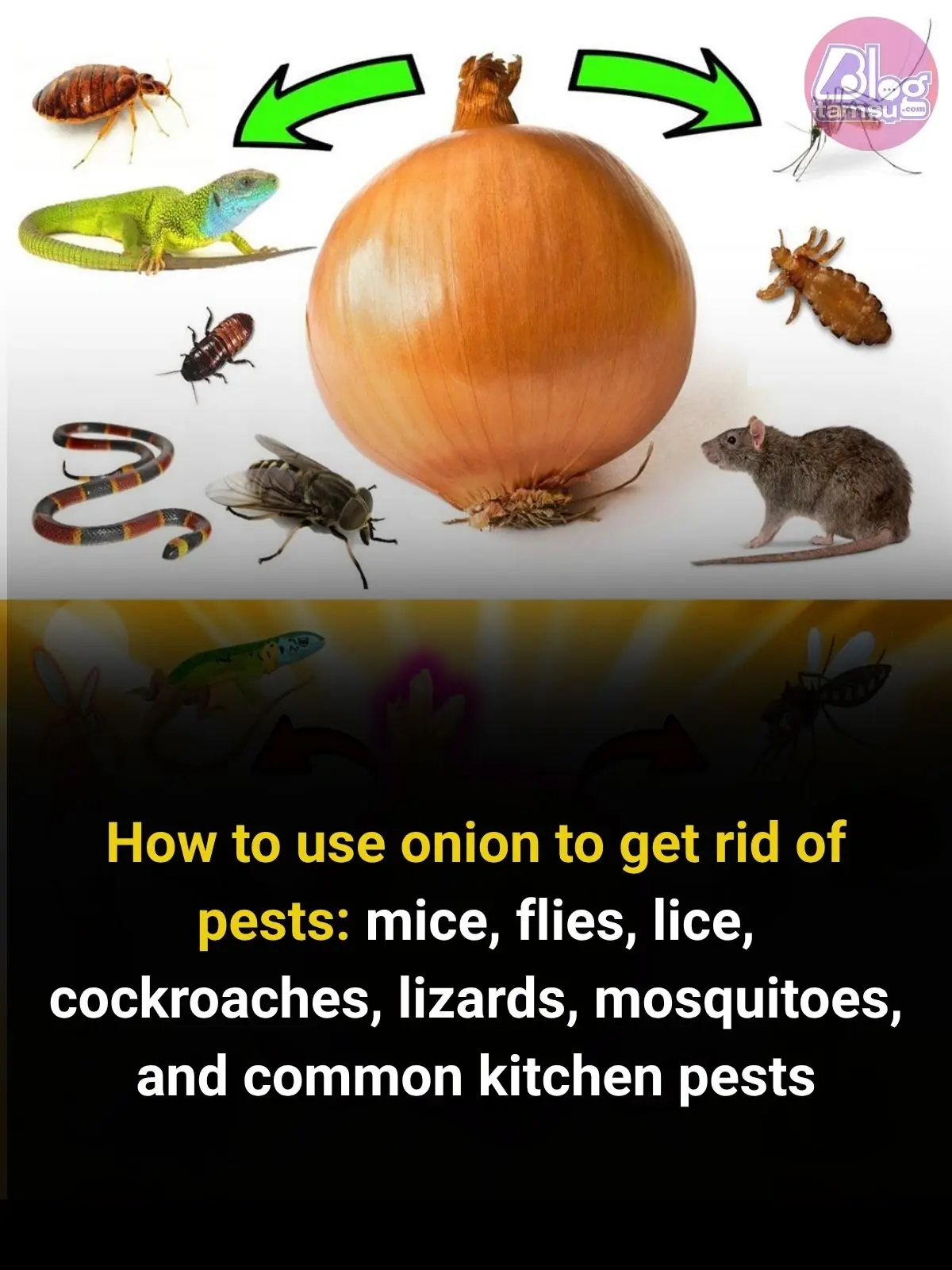
How to Use Onion to Get Rid of Pests:

Don’t Throw Them Away! These 5 Fruit Peels Can Repel Mosquitoes and Make Your Home Smell Amazing

Is Green Tea Really for Everyone? Discover Who Should Limit This Health Drink!
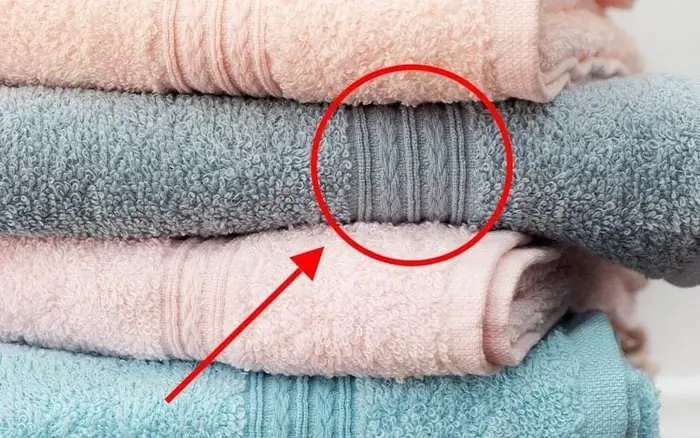
Millions of people use bath towels but don’t know the “secret” behind this tiny border
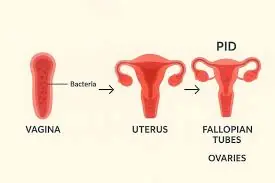
12 Silent Signs Your U.terus Is Begging for Help
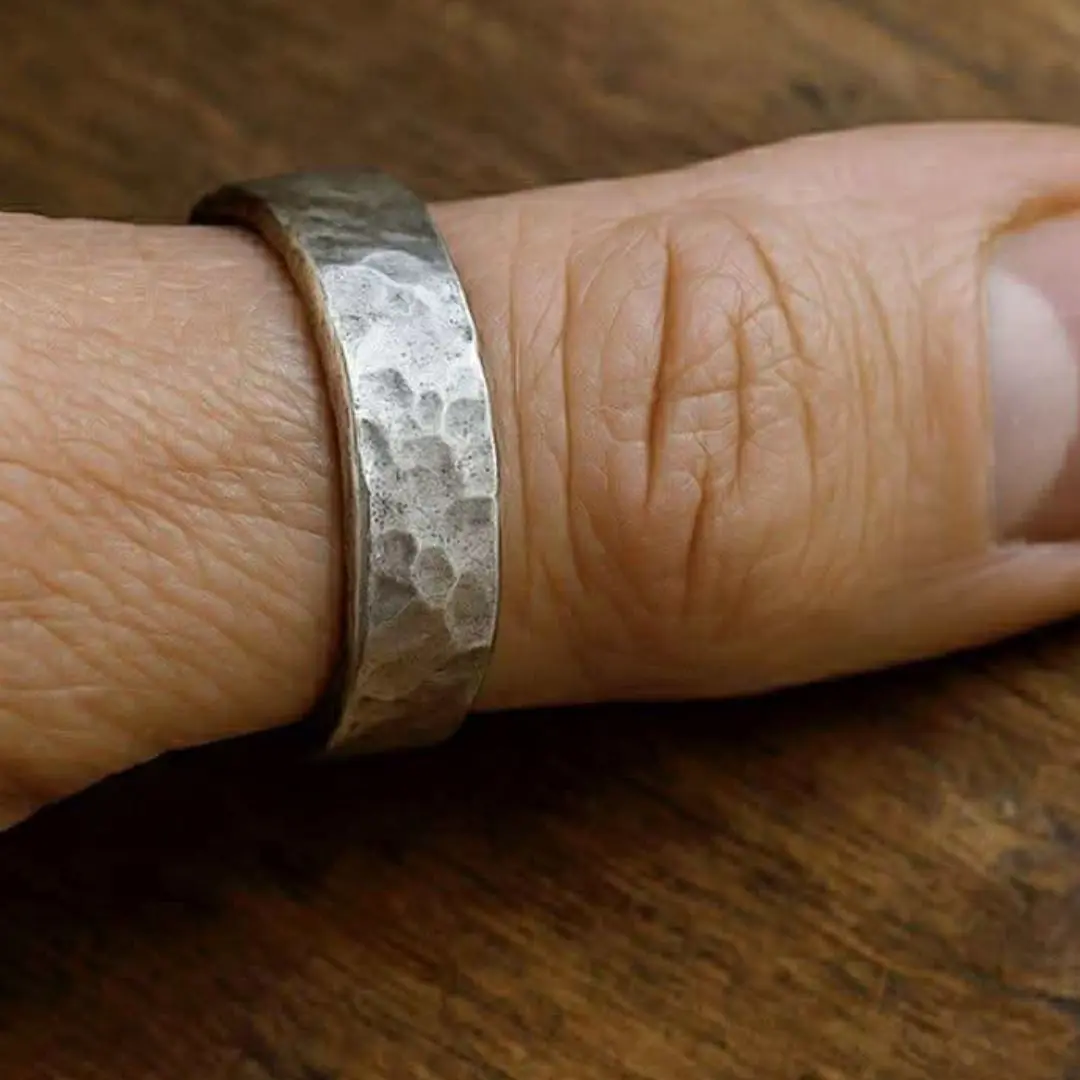
The Hidden Meaning Behind Wearing a Ring on Your Thumb — Few People Know This

What Does It Mean When Someone Who Has Pas:sed Away Appears In Your Dream

Why Do Some Windows Have "Belly Bars"?

Experts Are Shedding Light on the ‘De.ath Rattle’ Phenomenon Before Passing

Snake Plant – Feng Shui Symbol or Silent Trap? 4 Reasons to Think Twice

Group A Vegetables Linked to Can.cer Experts Warn to Stop Eating Them Immediately

“The Poor Shouldn’t Buy a House on the 2nd Floor, and the Rich Shouldn’t Live on the 18th”

Take Charge of Your Health – Exercise Your Way to a Can.cer-Free Future!
News Post

3 Silent “Culprits” That Dramatically Increase Your Risk of Stroke
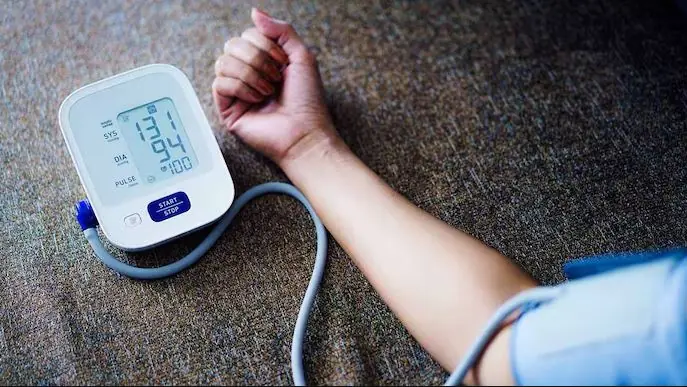
5 Silent Warning Signs of High B.lood Pressure You Should Never Ignore

The Type of “Waste” Everyone Throws Away but Experts Call a Hidden Treasure:
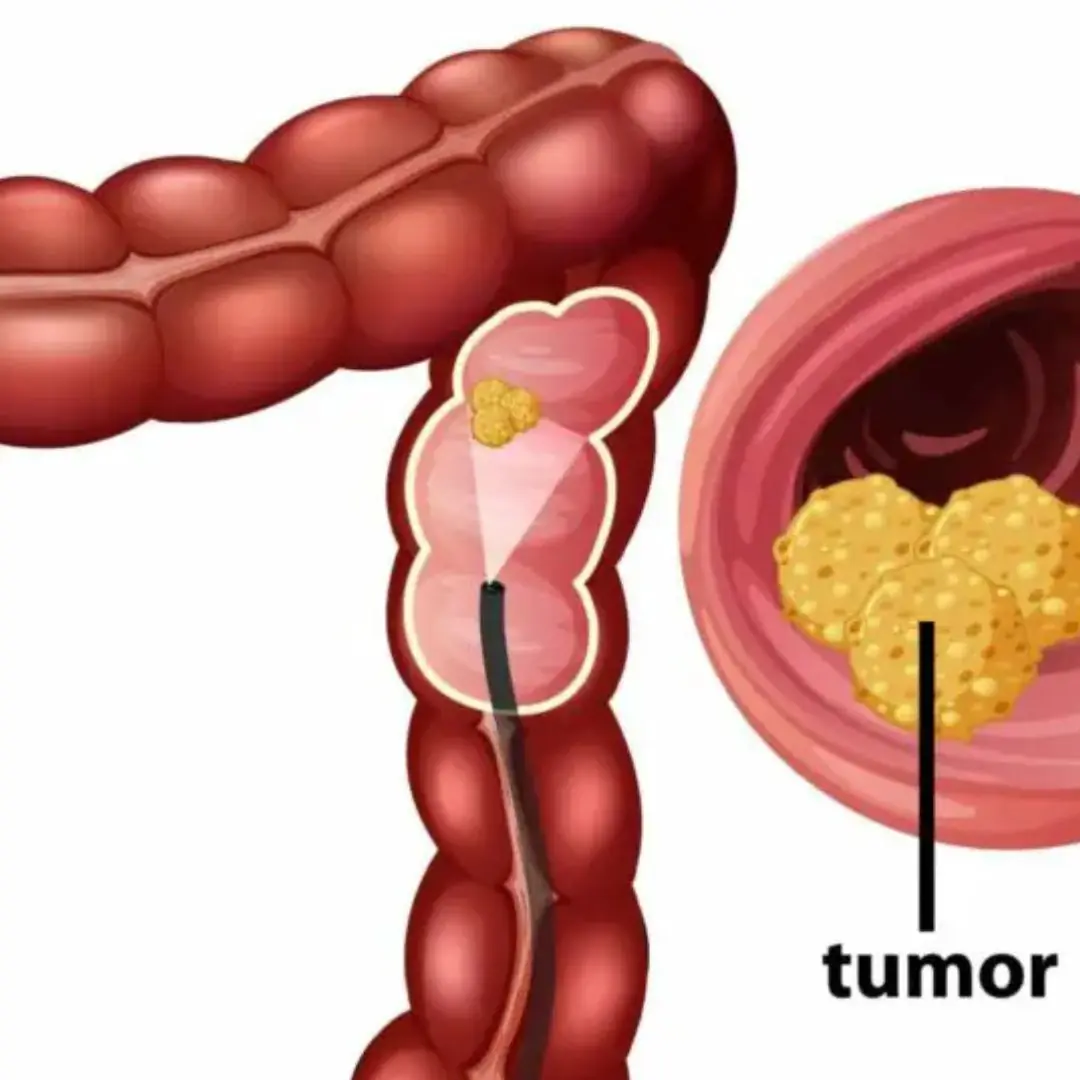
She Spotted These 5 Colon Ca.nc.er Symptoms Early — Here’s What You Should Watch For
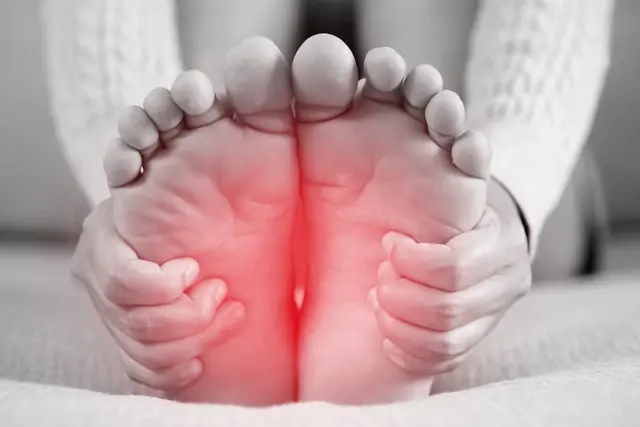
If your feet show these 5 signs, it may be a warning of a serious condition

4 TERRIBLE MISTAKES That Make Your Home Smell Bad All the Time — Without You Realizing It

Rubbing Ginger on Your Feet Before Bed: Men and Women Will Be Surprised by Its Benefits!
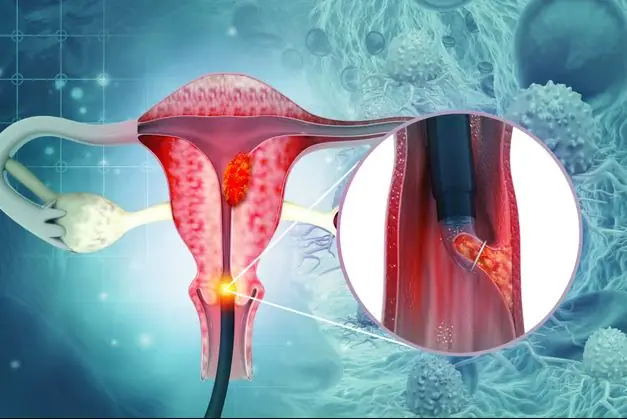
Cervical Can.cer: Are You in a High-Risk Group?

Eating Bananas on an Empty Stomach: Healthy Habit or Hidden Dan.ger?
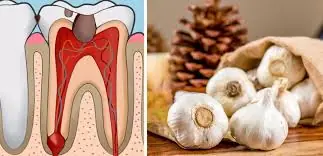
The Forgotten Home Remedy That Instantly Soothes Tooth.ache

8 Can.cer-Kill.ing Foods You Should Add to Your Diet Immediately
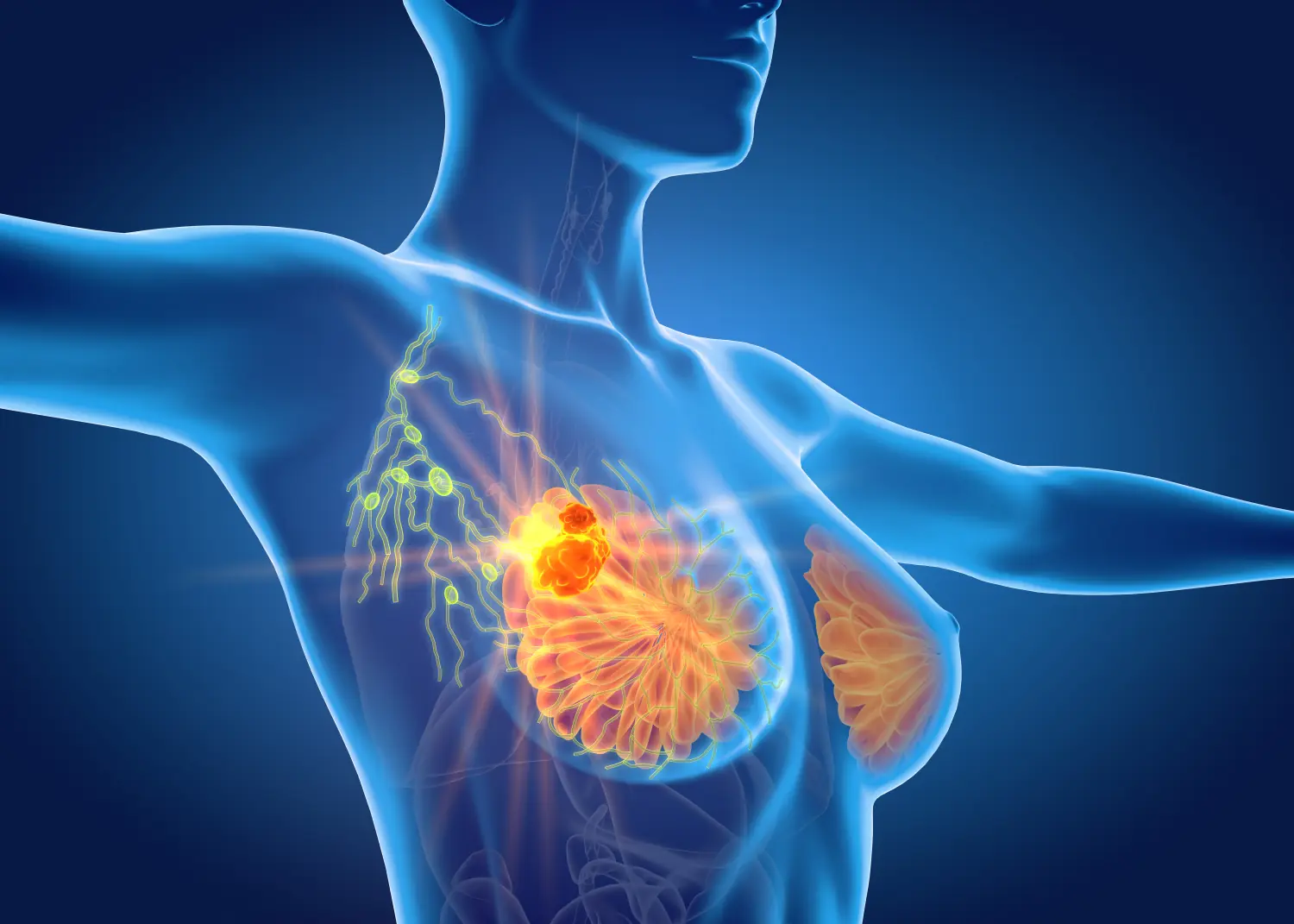
6 Silent Warn.ing Signs of Br.east Can.cer Women Often Miss — Don't Ignore These Signals

The Hidden Healing Plant: Why Euphorbia Hirta Is Becoming Nature’s Most Unexpected Health Powerhouse
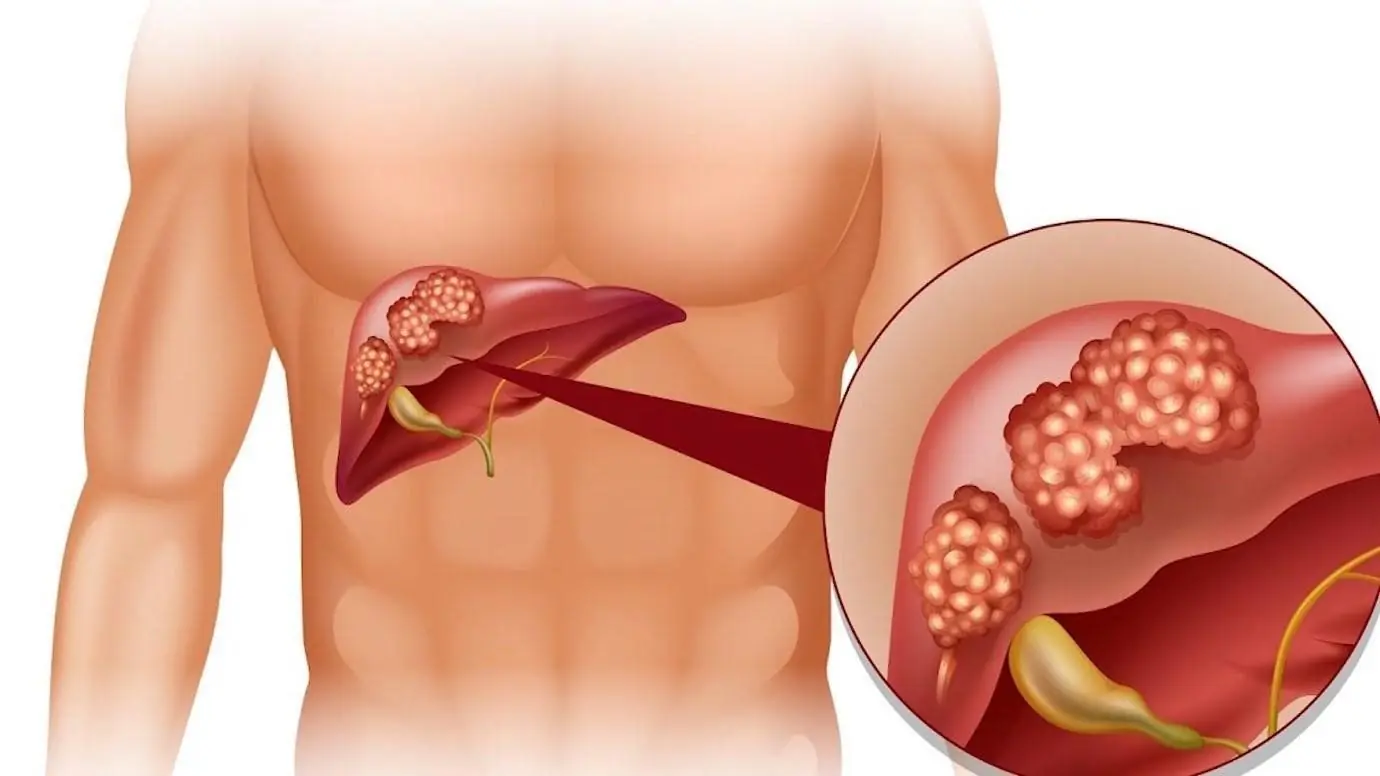
Your Li.ver Is Tired — 7 Hidden Signs You’re Mistaking for “Normal” Stress
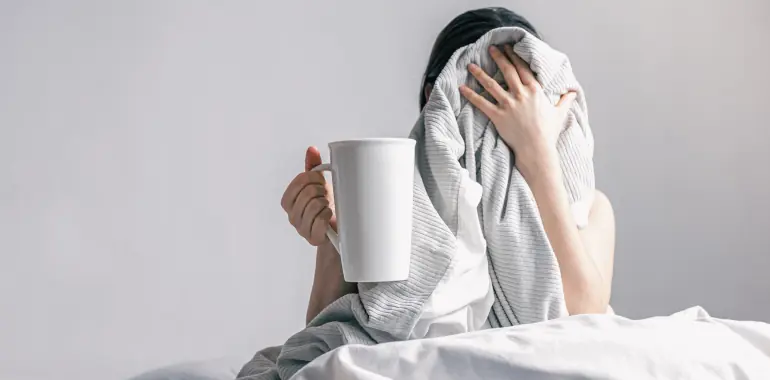
The Silent Metabolism Kill.er: How Your “Healthy” Breakfast Is Slowing Your Fat Burn All Day

The Morning Habit Des.troying Your Skin! Find out now!

The Hidden Mineral Deficiency Behind Your Fatigue, Bloating, and Anxiety

The 7-Second Rule: The Surprising Morning Habit That Transforms Your Gut, Energy, and Mood
